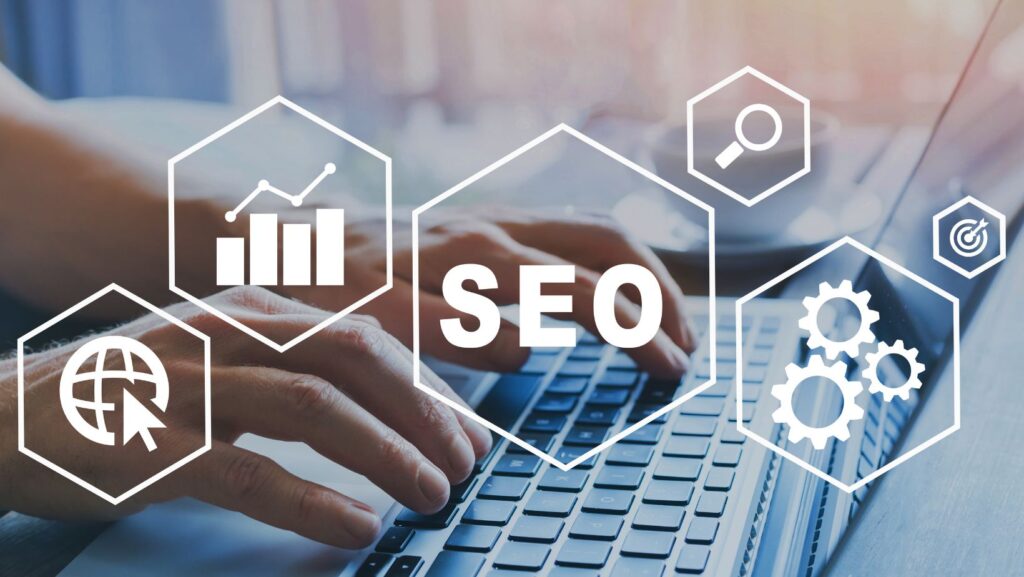In the early days of the Internet, businesses could rank highly in search results just by having a website. A couple of decades and several million websites later, it is a lot harder to get those coveted top spots. Google has updated its search algorithm over the years to try and deliver the best results for users. One thing that was added to it along the way was the page speed factor, which this guide explores in more detail.
Page Speed And User Experience
Page speed is considered by Google as part of a larger component of their algorithm – user experience. They consider it a good sign when people are spending lots of time on a webpage. It suggests that the content is interesting and valuable. These get promoted, and websites that people quickly click off of get demoted.
One reason why people abandon web pages is because they load too slowly. It is no longer the 1990s, so people expect webpages to load almost instantly, including any images that they contain. Failure to load within a few seconds is not only bad for SEO, it also makes people doubt a brand’s professionalism and reliability.
How To Improve Page Speed
If you hire an SEO or digital marketing agency, one of the first things they will do is make your website more SEO-friendly. This is technical, and it involves making some changes to the way that your website works and how it is structured. Some of these changes are outlined below.
You can find out more about how an SEO agency can help you by talking to King Kong, the best Australian digital marketing agency.
Compress Images
The loading speed of webpages is often significantly diminished by large image files. As much as you might want your webpage to feature beautiful HD pictures, these are often very large files.

However, there are plenty of tools you can use to compress them, making them significantly smaller while retaining their quality.
Avoid Excessive Features
Plugins, pop-ups, scripts, and more all increase the loading time of web pages.

You may not be able to avoid including these completely, but you can try to minimize the number of elements that make HTTP requests by sticking to the strictly necessary ones.
Conclusion
SEO is a modern essential for any business with a website, but few know that their website could be hurting their search ranking. More changes can be made than just those mentioned above, but those are relatively simple and offer a good starting point for improving page speed.


More Stories
Confidein: The Christian Smart Ring for Spiritual Growth
NxtLED™ vs OLED: Understanding Durability and Visibility Differences
Customer Service Explained: Processes, Channels, and Strategic Impact